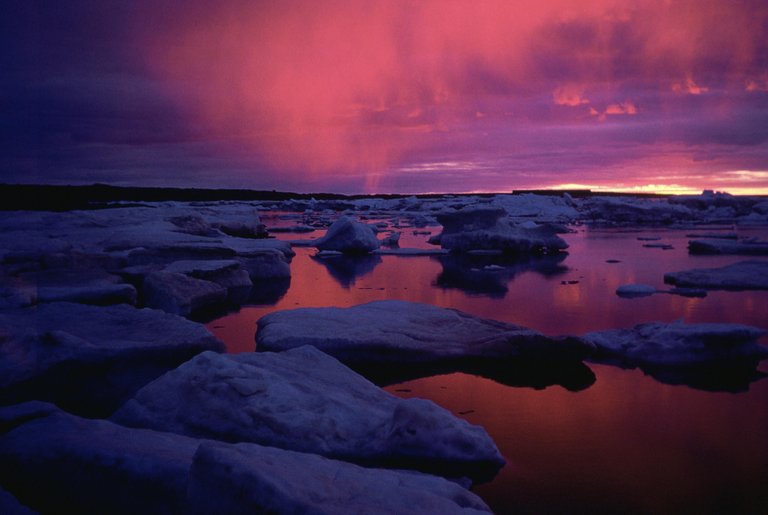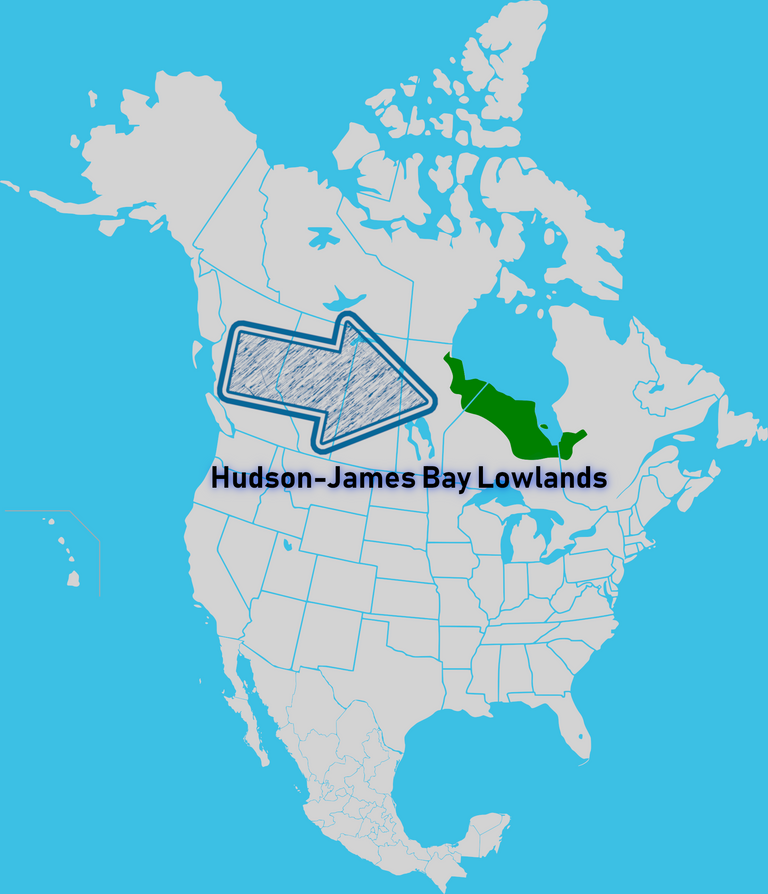First phase of Indigenous-led National Marine Conservation Area a critical step in fight against biodiversity loss and climate change - Marine Conservation News

"Protecting the Hudson-James Bay Lowlands will have a globally significant impact in mitigating climate change"
"The traditional territories of the Omushkego cover a large portion of the Hudson-James Bay Lowlands, the largest carbon-holding wetland in North America."

The Mushkegowuk Council and Parks Canada have created an Indigenous-led National Marine Conservation Area (NMCA). This Indigenous-led conservation group is one big step in the long roads to fighting climate change and native tribes regaining use rights and control over their lands.
"Indigenous-led conservation is the most effective and equitable way to safeguard species and habitats. In addition to protecting nature, embracing traditional knowledge and addressing community needs, studies have shown Indigenous-managed lands also boast higher biodiversity.
Goals of Port Sundries
- Educate the public about marine conservation and how marine conservation is important to all other ecosystems on Earth and all of humanity.
- Provide basic sailing resources and teach how the hobby and lifestyle can adapt to assist marine conservation.
- Share ecofriendly and sustainable methods of coastal and island travel and tourism.
- Share the joy of life at sea, love of ocean adventure, a fondness for culture, and the enjoyment of nautical history.
If you would like to help us with these goals, please follow and consider upvoting this and our other posts. We are always thankful for those you upvote, follow, or repost.
Help defend the oceans. Support sustainable fishing and aquaculture/agriculture practices. Don't pollute your local waterways. Donate to your local marine conservation charity.
🐬🐬🐬Donate to the Dolphin Project 🐬🐬🐬https://www.dolphinproject.com/donate/
Dolphin Project is a non-profit charitable organization, dedicated to the welfare and protection of dolphins worldwide. Founded by Richard (Ric) O’Barry on Earth Day, April 22, 1970, the organization aims to educate the public about captivity and, where feasible, retire and/or release captive dolphins.
The mission of Dolphin Project is to end dolphin exploitation and slaughter, as dolphins are routinely captured, harassed, slaughtered and sold into captivity around the world – all in the name of profit. Dolphin Project works not only to halt these slaughters, but also to rehabilitate captive dolphins for retirement and/or release, investigate and advocate for economic alternatives to dolphin slaughter, and to put a permanent end to dolphin captivity.
Port Sundries is not affiliated with Dolphin Project but supports their goal 100%.
Follow us @portsundries for more Marine Conservation, Sea Life, and Sailing News.
Image courtesy of pixnio
https://twitter.com/PortSundries/status/1425206956780924929
The rewards earned on this comment will go directly to the person sharing the post on Twitter as long as they are registered with @poshtoken. Sign up at https://hiveposh.com.